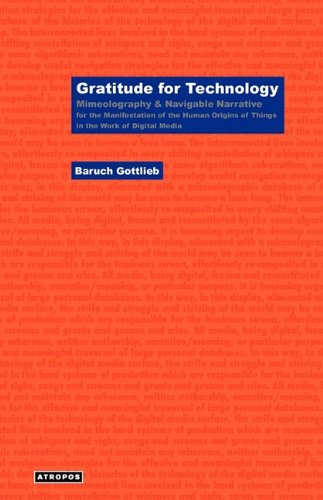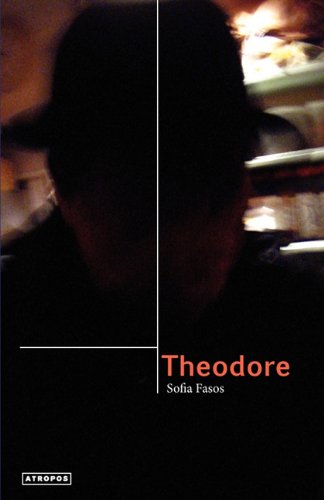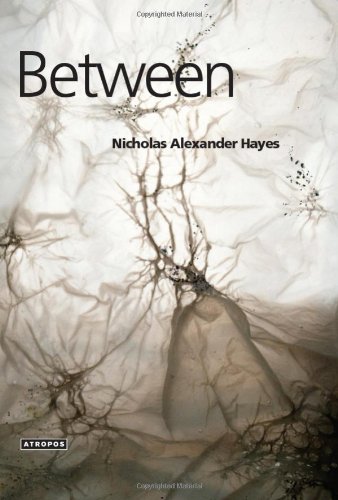Baruch Gottlieb
Gratitude for Technology
Paperback – 20 Jul 2009 | 124 pages | ISBN-10: 0981997279 | ISBN-13: 978-0981997278
Resistance! this is the central theme of Gottlieb's dense and intense first book. The original thesis here is: if we truly want (to work towards) a society emancipated from the rule of the wealthy and privileged, if we truly want to feel empowered in our lives and our society, we must face the material and incontrovertible historical facts of how the things around us came into being. In fact, this is the radical destination of this book. That while a profound historical consciousness seems at times an immense and forbidding undertaking, Gottlieb proves that everything we need in order to develop one as far as we wish to go is immediately accessible to us right now within the surfaces of the things around us. How? The things around us, the screen you are reading this on right now, all have a distinct history. They were assembled at a particular time and place by particular people who were working together in particular circumstances. These are what Gottlieb calls the irrefutable facts of the origin of the technological surface. If we look deeply at all the intricate relationships at play at the historical time and place where your computer screen came into being, we will find keys to a radical new way of understanding our technologized society and the things we produce. Call it a ‘Phenomenology of Technology’s Spirit.’ Even though the surfaces of modernity, as Gottlieb calls them, are smooth and clean, they still store the historical facts of the human relationships which made them. A deeper reckoning and acknowledgment of these relationships, Gottlieb claims, will profoundly transform our society. One tool he suggests for this is Mimeolography, a kind of body language. Since this is a critique of elite culture, of the normal literary language, dominated by elites, Gottlieb proposes a form of bodily expression , more akin to that which was involved in actually creating the things we have around us. Somehow, Gottlieb is searching here for an incorruptible language of resistance. Resistance for Gottlieb is not militant, in fact, he makes no romantic revolutionary claims...actually he is quite sober in his outlook. He sees resistance like resistance in an electronic circuit, as an integral part of the political functioning of the society. Some are born resistant, some are not, if you are one of the resistant, especially if you are looking for refreshing insights on how a radical resistance can be described and manifested, this book is for you. A timely and original book in the provocative Atropos series.











